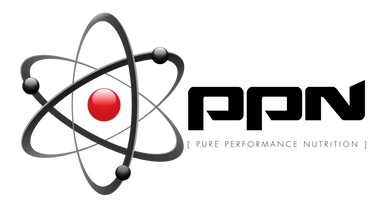Protein
Protein is one of the most important elements for the maintenance of good health and vitality. It is especially important for the growth and development of all body tissues. It is a major source of building materials for muscles, blood, skin, hair, nails, enzymes and internal organs, including the heart and brain. Protein is also needed for the formation of hormones, which control a variety of body functions such as growth, sexual development and metabolic rate.
Protein is made up of nitrogen and approximately 22 different amino acids. All but eight of these amino acids can be produced by the adult body, these are called essential amino acids, because they must be provided by the diet. There are two types of protein: complete and incomplete. A complete protein contains all eight of the essential amino acids needed by the body. A single incomplete protein does not contain all eight of these aminos and must be combined with other incomplete proteins to achieve a complete protein profile. Therefore, if your diet consists of only incomplete proteins (i.e., beans and rice), you will have to be creative in combing the right foods together to make sure you get all eight of the essential amino acids. Good sources of complete protein include chicken, turkey, fish, lean beef, dairy products and eggs.
How much protein do you need?
The minimum daily protein requirement to maintain optimum growth and good health can be difficult to determine. Protein requirements vary according to nutritional status, age, lean body mass and activity level of an individual. The average minimum recommendation is 12%-20% of your total daily calories. However, athletes, bodybuilders and others pursuing body fat reduction typically have a much greater demand for protein. During a negative energy balance (when undergoing intense training, cardiovascular activity or dieting), amino acids are used to assist in energy production and are also needed to repair tissues. Therefore, protein requirements may dramatically increase.

NEXT: Fats
